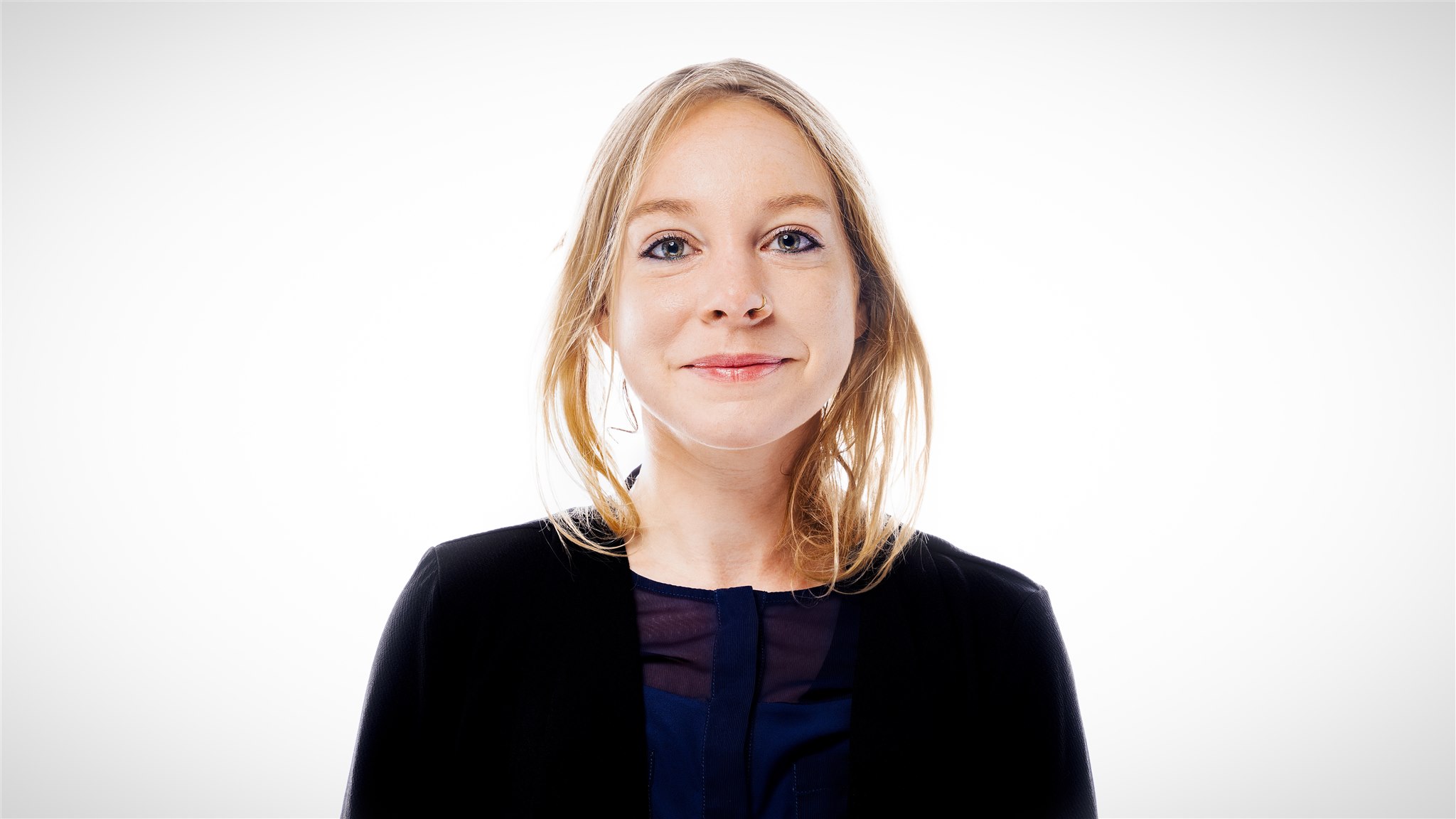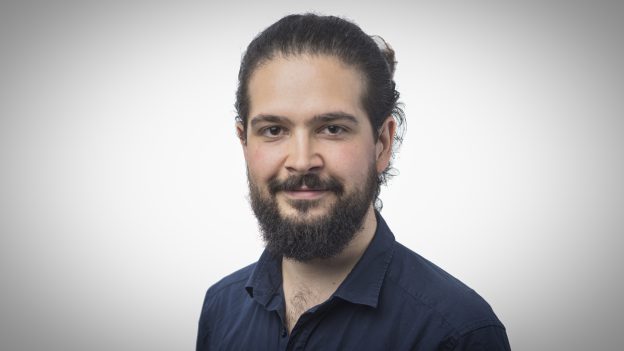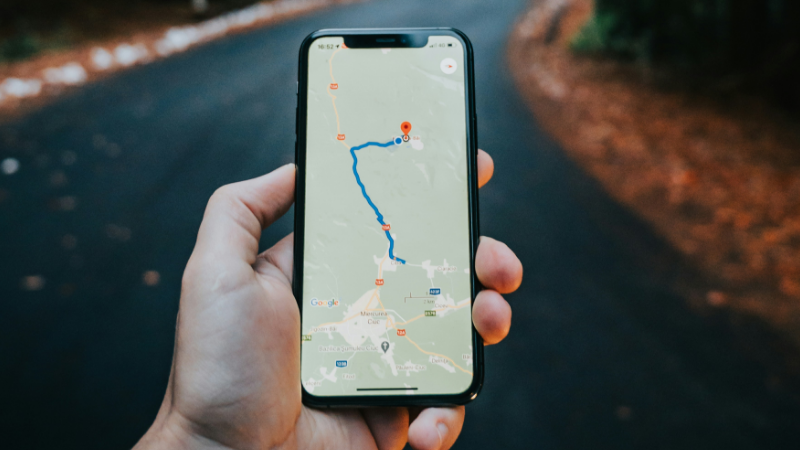Making sense of our connected world

HIIG goes re:publica
Founded ten years ago, re:publica has grown into one of the most exciting conferences on digital culture. HIIG researchers already attended the conference in the last few years, and we won’t be missing out on this year’s edition titled Love out Loud either. Our researchers will be offering quite a lot: From Fashion Tech, censorship in Turkey to civil disobedience online. You can meet us on all three consecutive days at the following sessions:
Monday, 8 May
- 1.30 p.m. – 2.30 p.m. | LIVESTREAM | Frédéric Dubois’ (Internet Policy Review) session Turkish Delight: A for Arrest, B for Bots & C for Censorship discusses the current battle over communications in Turkey. HIIG doctoral researcher Uta-Meier Hahn is moderating the discussion with HIIG visiting researcher Melih Kırlıdoğ, as well as Başak Çalı & Efe Kerim Sözeri. | Stage 2 | Discussion
- 7:30 p.m. – 8:00 p.m. | Our associated researcher Ayad Al-Ani takes a look at digital culture in the arab world. | Meetup
Tuesday, 9 May
Tuesday is all about the #DigitalCharta. Meet our director Jeanette Hofmann, co-initiator of the Charter of Digital Rights for the European Union, discuss its articles as well as its critical points and work on its draft 2.0!
- 11:15 a.m. – 12:15 p.m. | #DigitalCharta – Brauchen wir Grundrechte für das digitale Zeitalter? | Stage 5 | Discussion
- 12:30 p.m. – 2:15 p.m. | #DigitalCharta – Die Diskussion | Stages 8 & 9 | Workshop
- 3:00 p.m. – 4:00 p.m. | #DigitalCharta – Wie geht es weiter? | Stage 5 | Discussion
Wednesday, 10 May
- 10:00 a.m. – 10:30 a.m. | LIVESTREAM | Associated researcher Theresa Züger will be giving a talk on the meaning of civil disobedience in the digital era. | Stage 2 | Talk
- 12:30 p.m. – 1:30 p.m. | Associated researcher Sönke Bartling introduces you to use cases of the blockchain beyond fintech. | Meetup
- 2:15 p.m. – 2:45 p.m. | HIIG guest researcher Lisa Gutermuth will present her Ranking Digital Rights (RDR) findings. | Stage 5 | Talk
- 4:15 p.m. – 5:15 p.m. | In his privacy-by-design workshop, Maximilian von Grafenstein will demonstrate why data protection law doesn’t need to spoil all the fun when it comes to fashion tech. | Stage J | Workshop
As usual, we’re covering this event on Twitter. Under the official hashtag #rp17, you can follow the conversation and stay updated about all highlights at re:publica. Send us a direct message to @hiig_berlin and/or discuss today’s and tomorrow’s digital culture with us.
Foto: re:publica/Gregor Fischer (Flickr CC BY-SA-2.0)
This post represents the view of the author and does not necessarily represent the view of the institute itself. For more information about the topics of these articles and associated research projects, please contact info@hiig.de.
Research issues in focus
Sign up for HIIG's Monthly Digest
and receive our latest blog articles.
Navigating the Urban Maze: GIS technology and the blurring boundaries between digital and physical infrastructure
The progression of GIS technology and Geodata questions if digital maps should be regarded as physical public infrastructure.
Making Sense of the Future: New brainteasers for digital futures in the classroom
Explore “Making Sense of the Future”, an open educational resource combining futures studies and creative exploration to reimagine our digital futures.
Honey, we need to talk about the future
Can futures studies challenge the status quo beyond academia and approach public dialogue as an imaginative space for collective endeavours?





